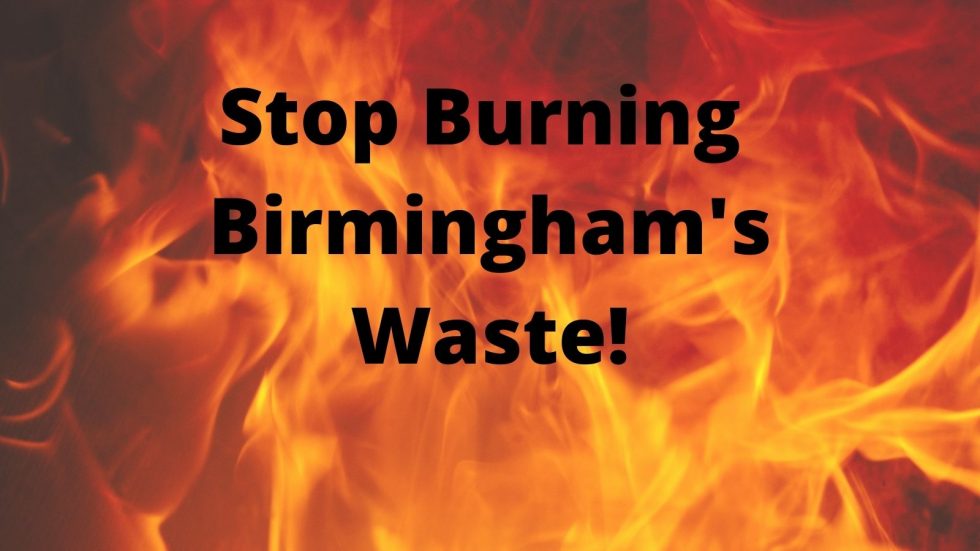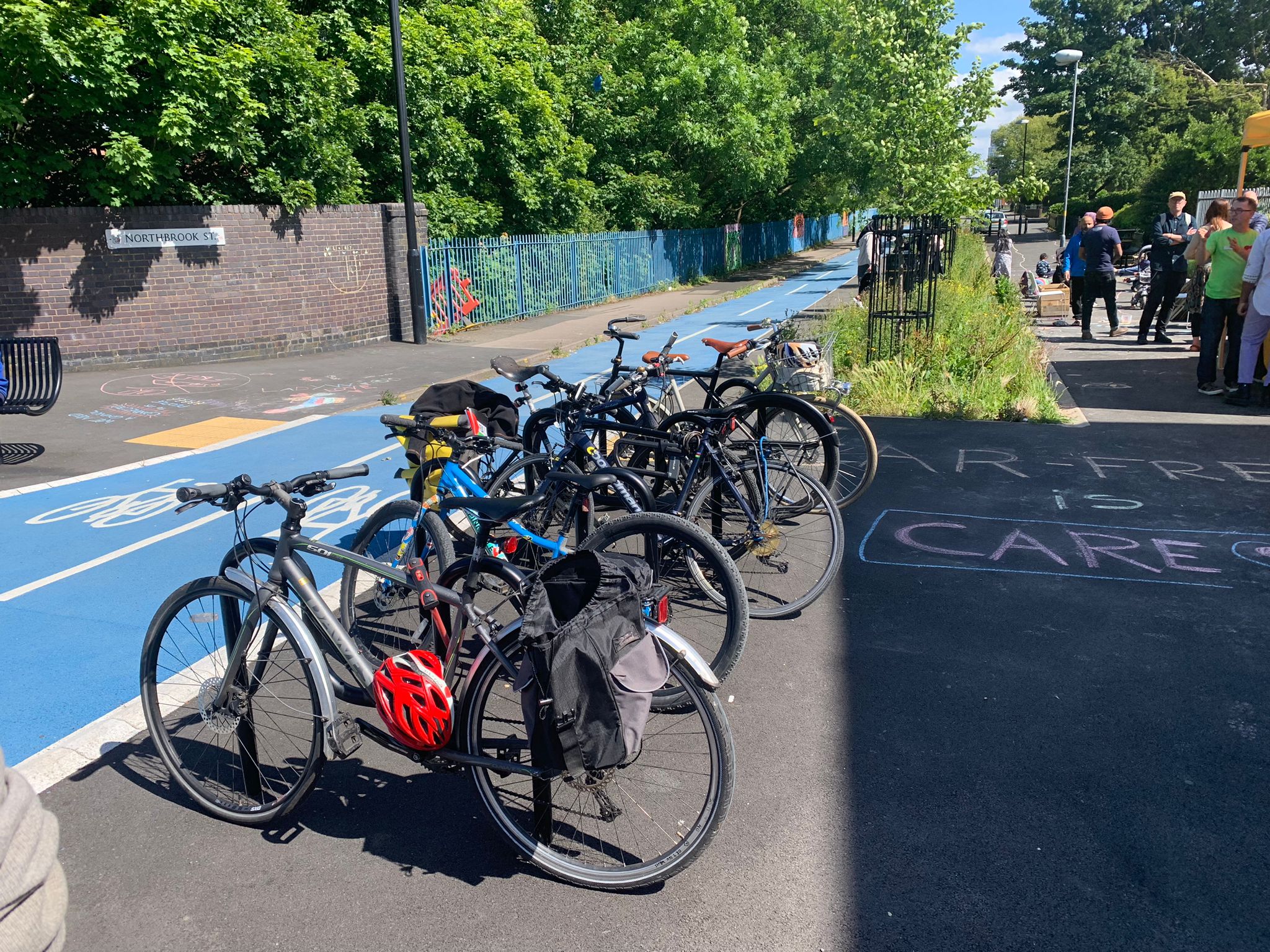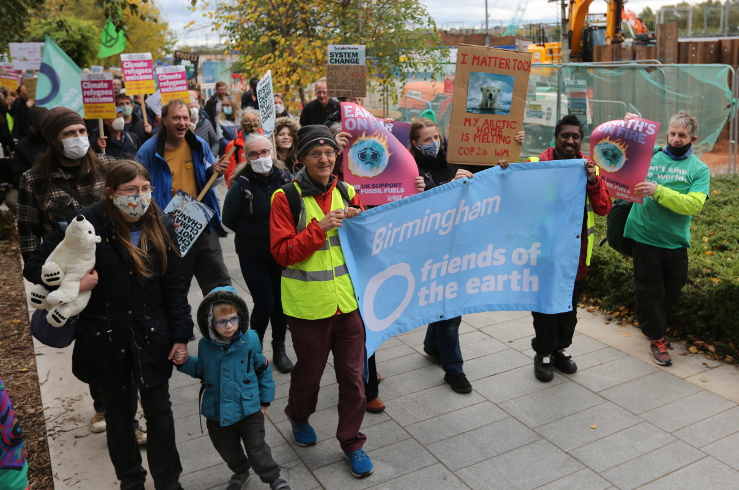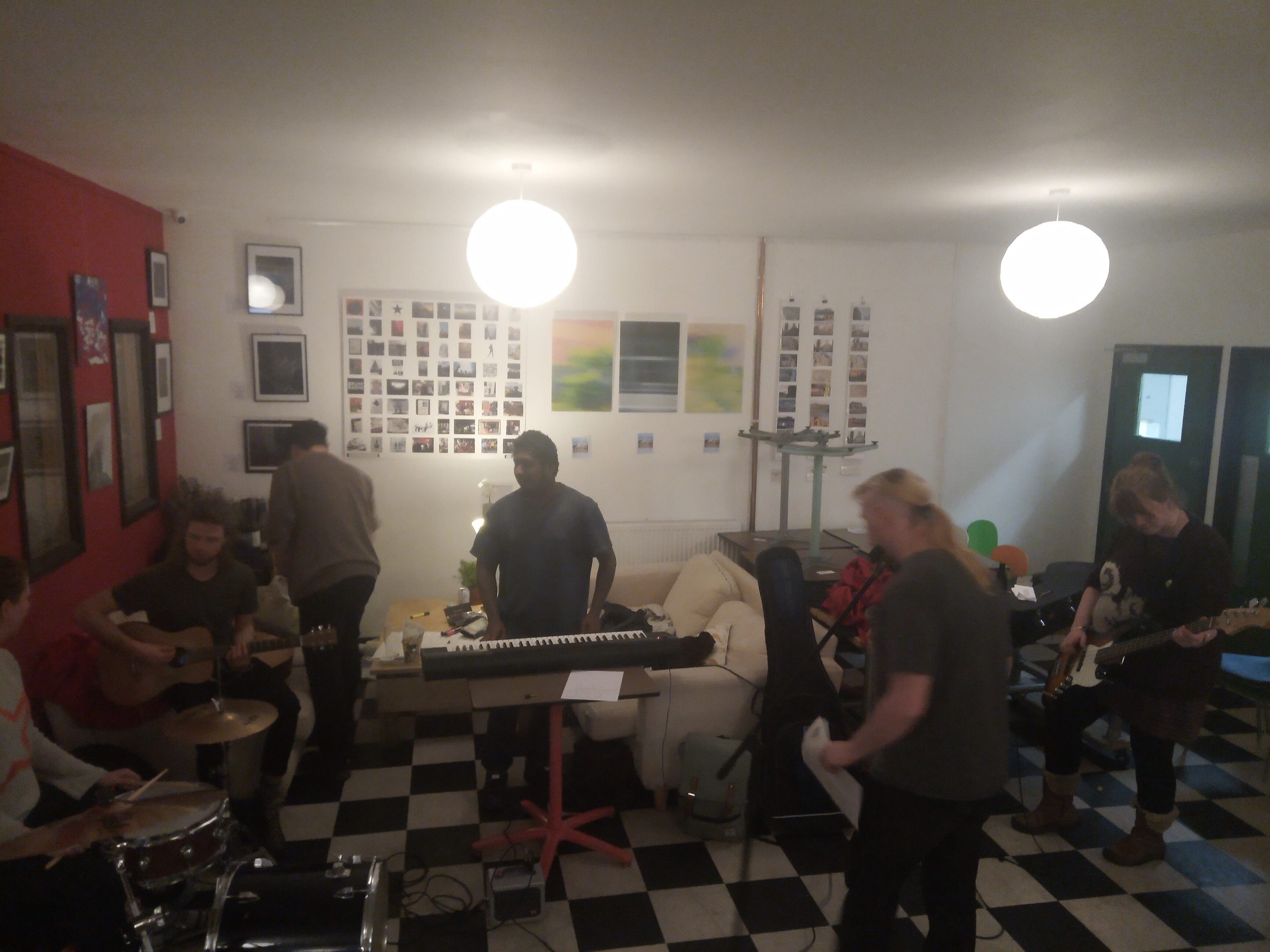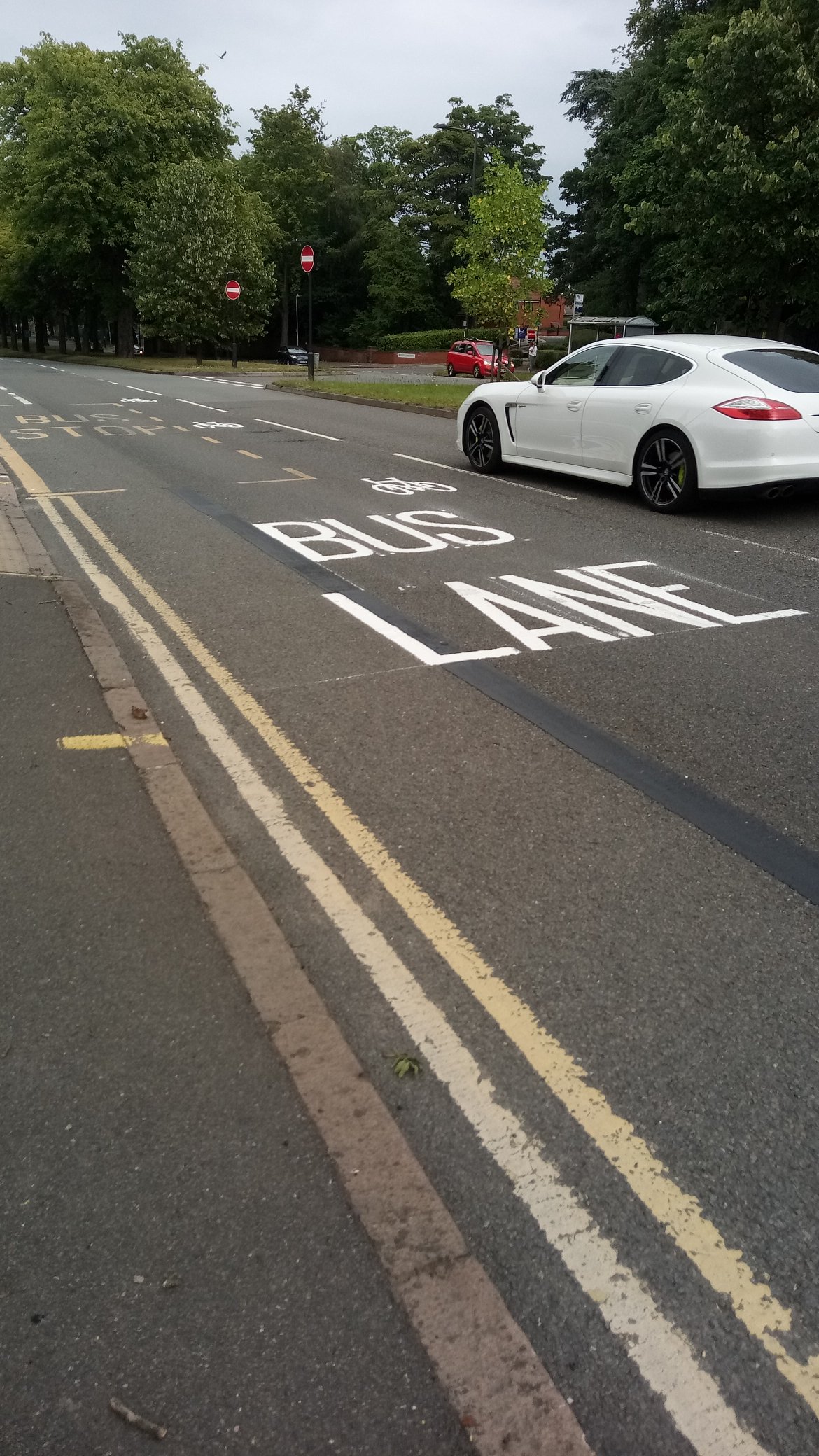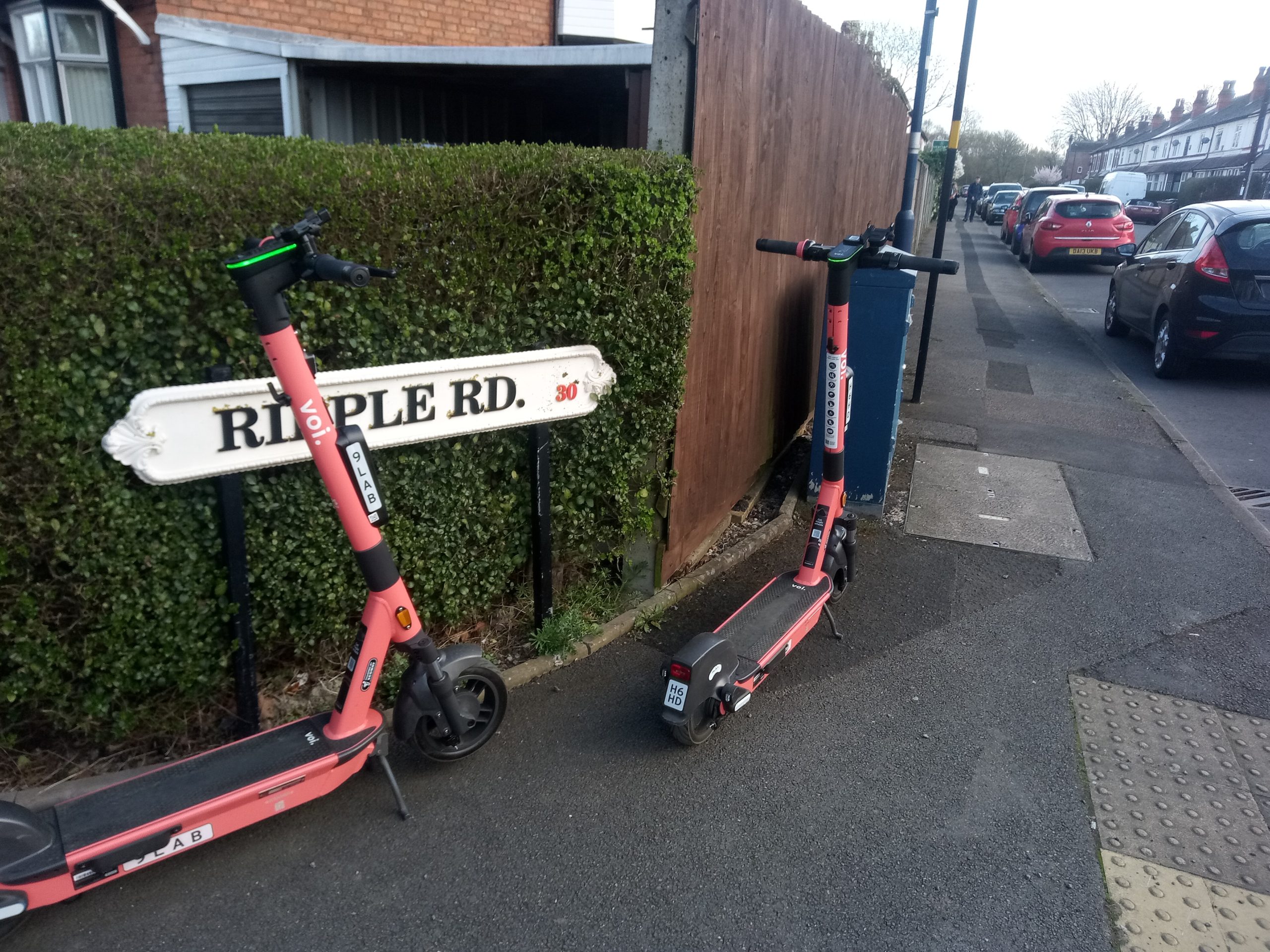A brief history
It is a not well known fact that Birmingham has an incinerator located in Tyseley. What an incinerator does is take waste and burn it to produce electricity and possibly gas. In 1994 Veolia won a 25 year contract to build and run the incinerator. That contract with Veolia has been extended to 2024. Birmingham City Council are currently tendering for a provider to run the incinerator from 2024 to 2034. The incinerator provides 25 MW of electricity, which is sold to the National Grid, Approximately 350,000 tonnes of waste is burnt in the incinerator each year. This is about 70% of Birmingham’s waste.
Problems with the Tyseley Incinerator
Those that are pro incineration argue that burning waste is a good way to use waste. Creating electricity and possibly gas through waste is better than putting that waste in landfill. Waste is something that we will continue to produce, and thus generating electricity through that resource is a good use of that resource. Much better than burning fossil fuels for our gas and electricity needs.
Environmental groups such as Birmingham Friends of the Earth and Birmingham Youth Strike 4 Climate argue that this is the wrong argument. Incinerators divert waste from landfill, but that waste can be used in a much better way. Instead more of the waste should be recycled, so the resources within the waste are properly used. Birmingham recycles only about 30% of its waste, because it has to continuously feed the incinerator. The contract between Veolia and the council means that Veolia own the waste that it burns. If the waste was sorted better, it could be recycled and some of the waste, like organic waste, could be used to generate electricity through anaerobic digestion. Anaerobic digestion is a better way to generate electricity than incineration. Birmingham Friends of the Earth have long called for a food waste collection that is seperate to our current waste collection system. Birmingham has one of the lowest recycling rates in the country because of the incinerator. The waste that Birmingham produces could be used in a more efficient manner.
The biggest criticism of the Tyseley Incinerator is that is the biggest emitter of carbon dioxide with in the city. Last year the incinerator emitted 308,385 tonnes of CO2. If Birmingham is to reach it’s goal in becoming net zero by 2030 than Birmingham needs to radically reshape how it deals with waste. In 2019 Birmingham City Council declared a Climate Emergency and started the process to find out how it can become net zero by 2030. With the incinerator in action, it looks impossible to achieve this aim.
Campaigning against the incinerator
Birmingham Friends of the Earth have run a long campaign lobbying the council to decommission the incinerator, named “Waste isn’t rubbish”, along with other environmental groups. Birmingham Youth Strike 4 Climate have previously handed a petition to the council in favour of decommissioning the site. Birmingham Friends of the Earth currently have a petition to sign to show the demand to close the incinerator down. Even within Birmingham City Council, there is a schism between those in favour of keeping the incinerator open past 2024 and those that want to close it down. There is cross party opposition to the incinerator, including from the Labour Party, who are currently in charge of the council.
If you want to help in the campaign against the incinerator you should write to your local councillor about decommissioning it. There is division within the council about the issue and if enough people write to their councillors individually councillors may change their mind about it.
You can sign the Birmingham Friends of the Earth petition against the incinerator here.

